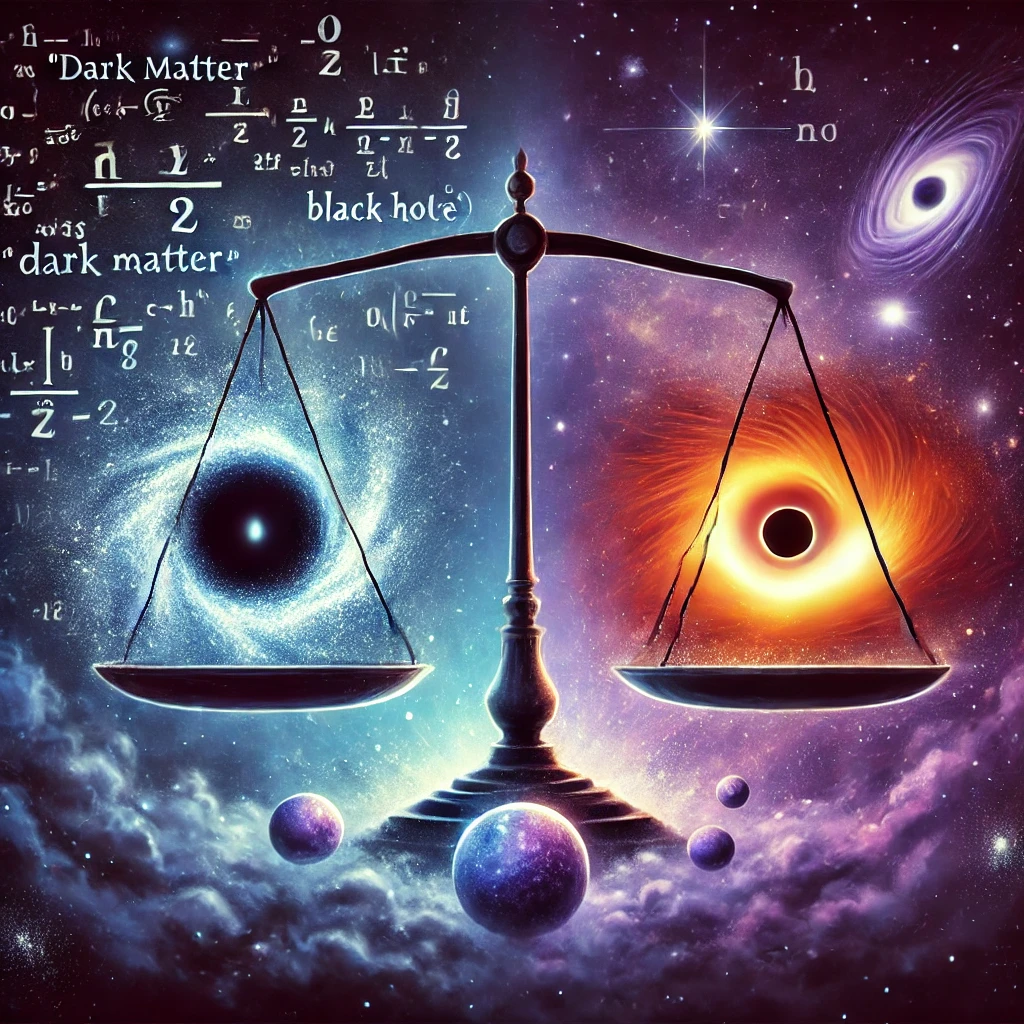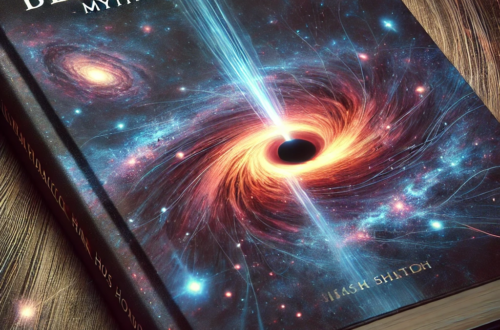Critique of Dark Matter Theory: A Scientific Alternative Perspective

Francisco Gonçalves
Email: francis.goncalves@gmail.com
Abstract
The dark matter theory emerged as a theoretical solution to explain anomalies observed in the dynamics of galaxies and the large-scale structure of the universe. However, despite decades of investigation, there is no direct empirical detection of any dark matter particle. This paper presents a critique of the standard cosmological model’s heavy reliance on unobserved mathematical adjustments and proposes an alternative centered on primordial and formed black holes as the true gravitational engines of the universe.
1. Foundations and Issues in Dark Matter Theory
Dark matter was postulated based on two main observations: (i) galactic rotation curves that deviate from expected Newtonian behavior, and (ii) gravitational lensing effects stronger than what visible matter can explain. The proposed solution was a form of matter that does not interact with electromagnetic radiation. However, since the 1980s, no dark matter particle has been directly detected by any laboratory experiment.
The persistence of the dark matter model is heavily supported by computer simulations and theoretical adjustments that, although mathematically elegant, lack empirical confirmation. This raises an epistemological question: to what extent should science maintain a hypothesis that fails to materialize in concrete data?
2. Alternative Proposal: Black Holes as Fundamental Forces
This research proposes that black holes—particularly primordial and those formed throughout cosmic evolution—are the true agents of cosmic structuring. Unlike dark matter, black holes are observable entities with well-documented gravitational effects. Recent studies, such as the DESI project data, suggest that so-called “dark energy” may be diminishing, which opens the door to a reinterpretation of cosmic dynamics.
Black holes may be responsible for:
- Directly influencing galaxy formation;
- Explaining gravitational anomalies attributed to dark matter;
- Producing effects similar to dark energy through Hawking radiation and massive system collapses.
3. Conclusion and Research Thesis
The theory of dark matter, though dominant, may be sustained by scientific inertia and an overreliance on mathematical models. Given the absence of direct detection and the explanatory potential of black holes, it is scientifically valid to propose a new paradigm where these are seen as the structuring elements of the universe.
Research Thesis: This paper proposes that the gravitational and energetic behavior of primordial and formed black holes offers a comprehensive explanation for the phenomena currently attributed to dark matter and dark energy, potentially redefining the fundamental model of cosmology. Further observational and theoretical research is needed to validate this paradigm shift based on empirical evidence and observable phenomena.


